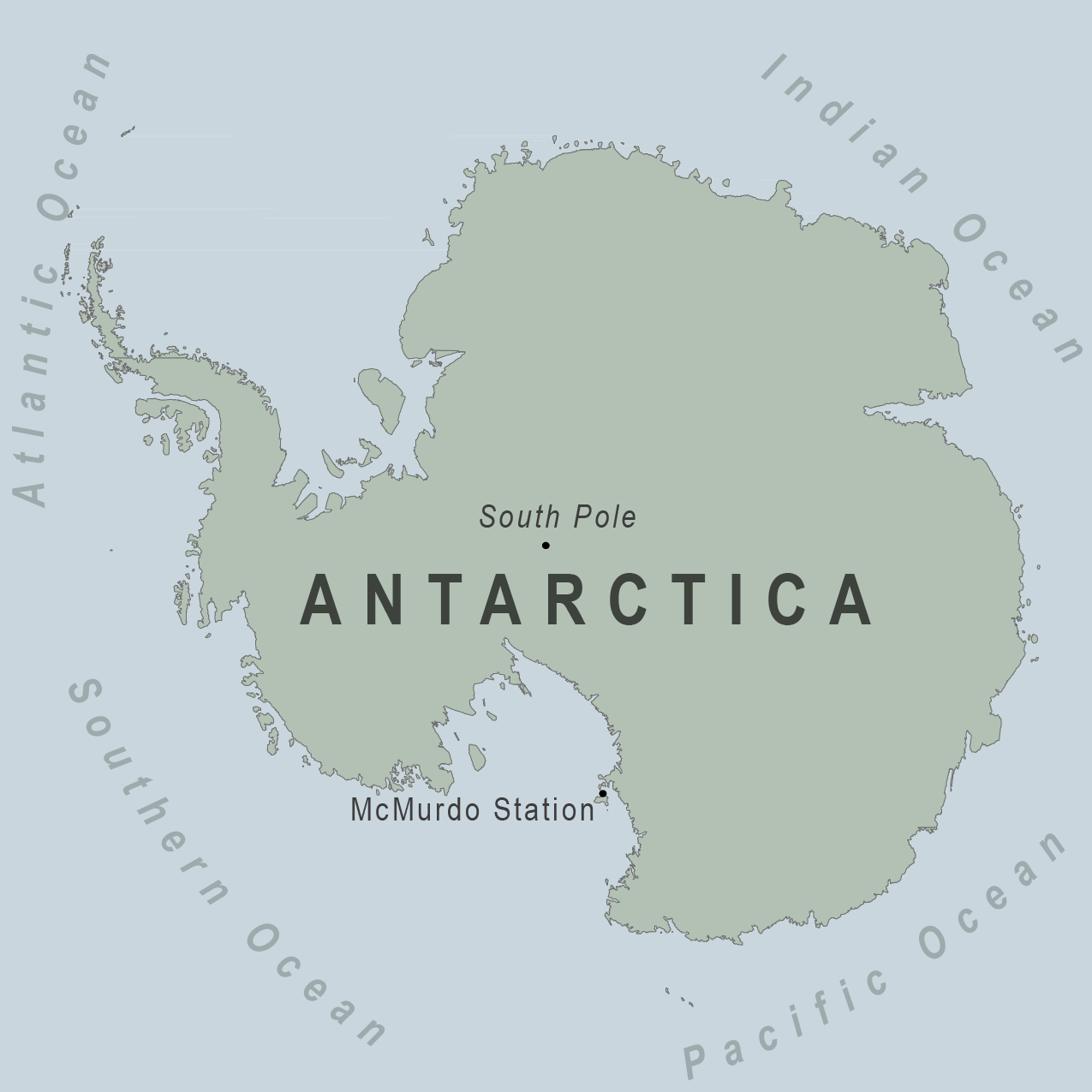AntarcticaTraveler View

Vaccines and Medicines
All travelers should be up-to-date on routine vaccines. These vaccines include measles-mumps-rubella (MMR) vaccine, diphtheria-tetanus-pertussis vaccine, varicella (chickenpox) vaccine, polio vaccine, and your yearly flu shot. The risk of flu, measles, mumps, and other diseases easily spread from person-to-person is related to travel and living conditions. People from all over the world may travel to Antarctica on cruise ships. Sharing close living quarters with people from many different places increases the risk of exposure to illnesses.
All eligible travelers should be up to date with their COVID-19 vaccines. Please see Your COVID-19 Vaccination for more information.
Other travel vaccines should be considered according to what countries you travel through on your way to Antarctica.
Visit your doctor (ideally, 4–6 weeks) before your trip to get vaccines or medicines you may need.
Stay Healthy and Safe
For travelers to Antarctica, severe low temperatures and high winds are the primary health hazards. Antarctica is the coldest, windiest, and driest place on earth. Temperature patterns vary widely because the continent is covered in continuous darkness during the winter and continuous sunlight during the summer, with a few weeks of sunrises and sunsets between seasons.
The effects of the sun in Antarctica (because of the sun’s reflecting off the snow) can be damaging to the eyes and skin, and protective measures should be taken.
After Your Trip
If you are not feeling well after your trip, you may need to see a doctor. If you need help finding a travel medicine specialist, see Find a Clinic. Be sure to tell your doctor about your travel, including where you went and what you did on your trip.
For more information on what to do if you are sick after your trip, see Getting Sick after Travel.
Map Disclaimer - The boundaries and names shown and the designations used on maps do not imply the expression of any opinion whatsoever on the part of the Centers for Disease Control and Prevention concerning the legal status of any country, territory, city or area or of its authorities, or concerning the delimitation of its frontiers or boundaries. Approximate border lines for which there may not yet be full agreement are generally marked.